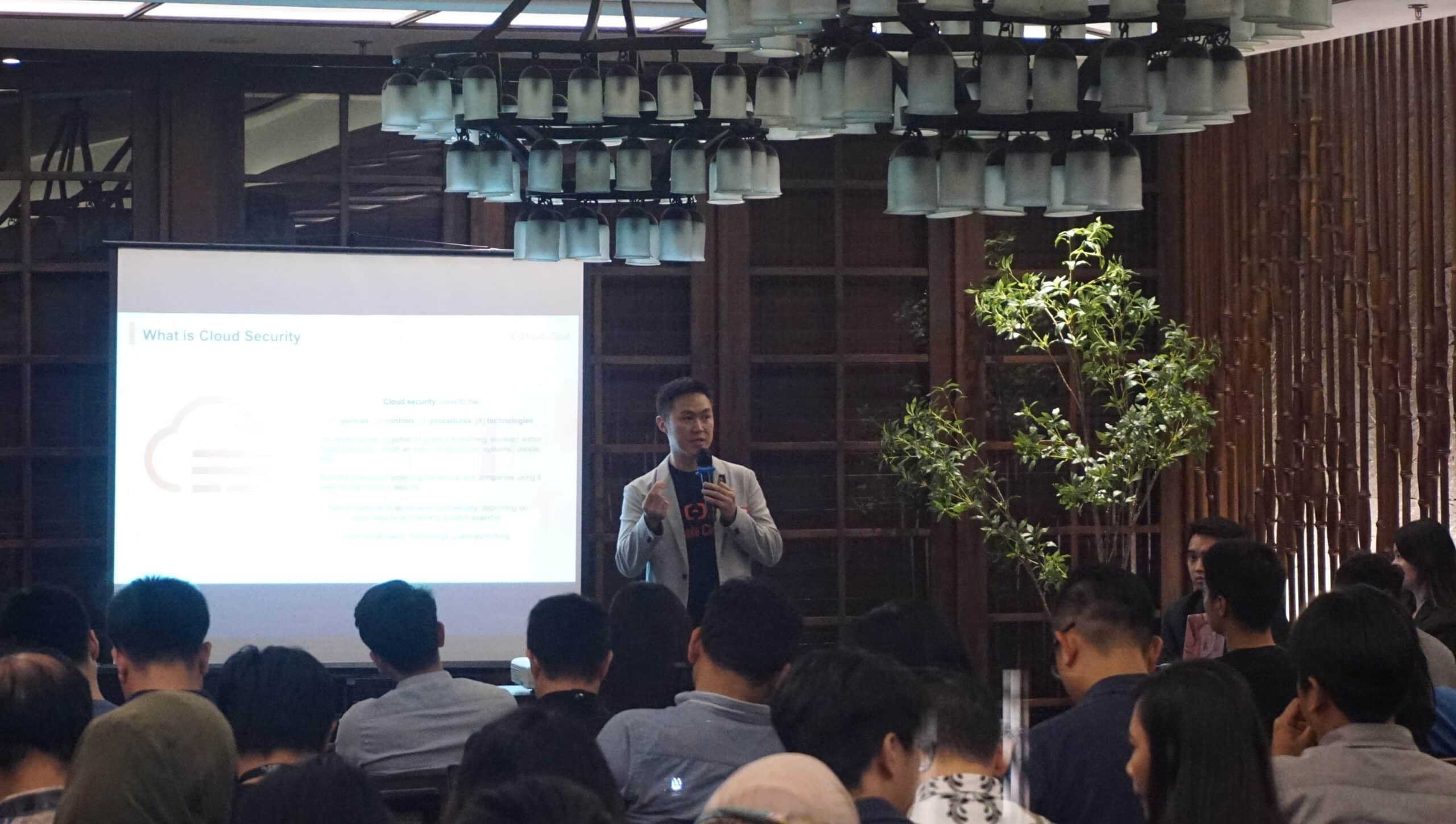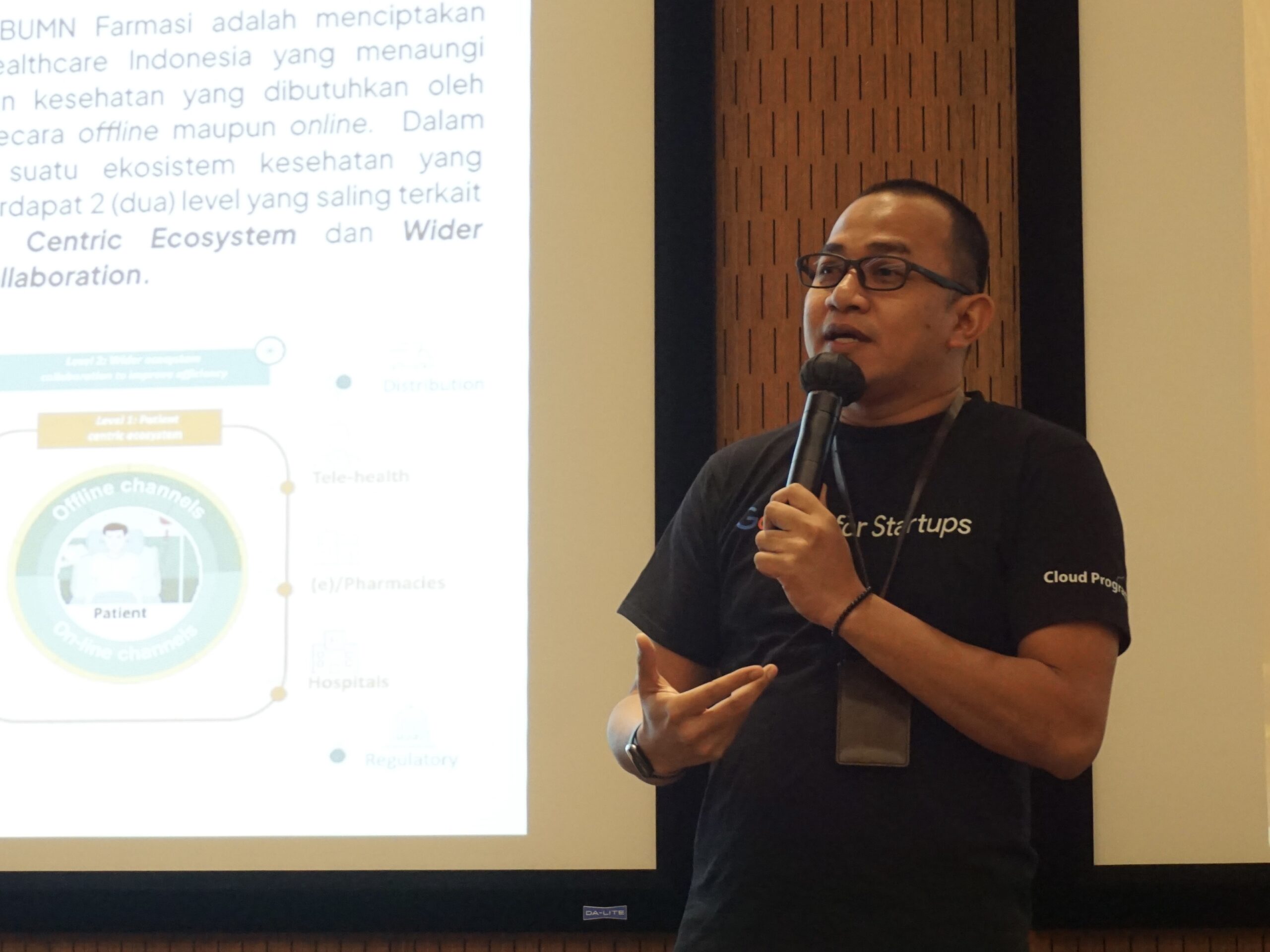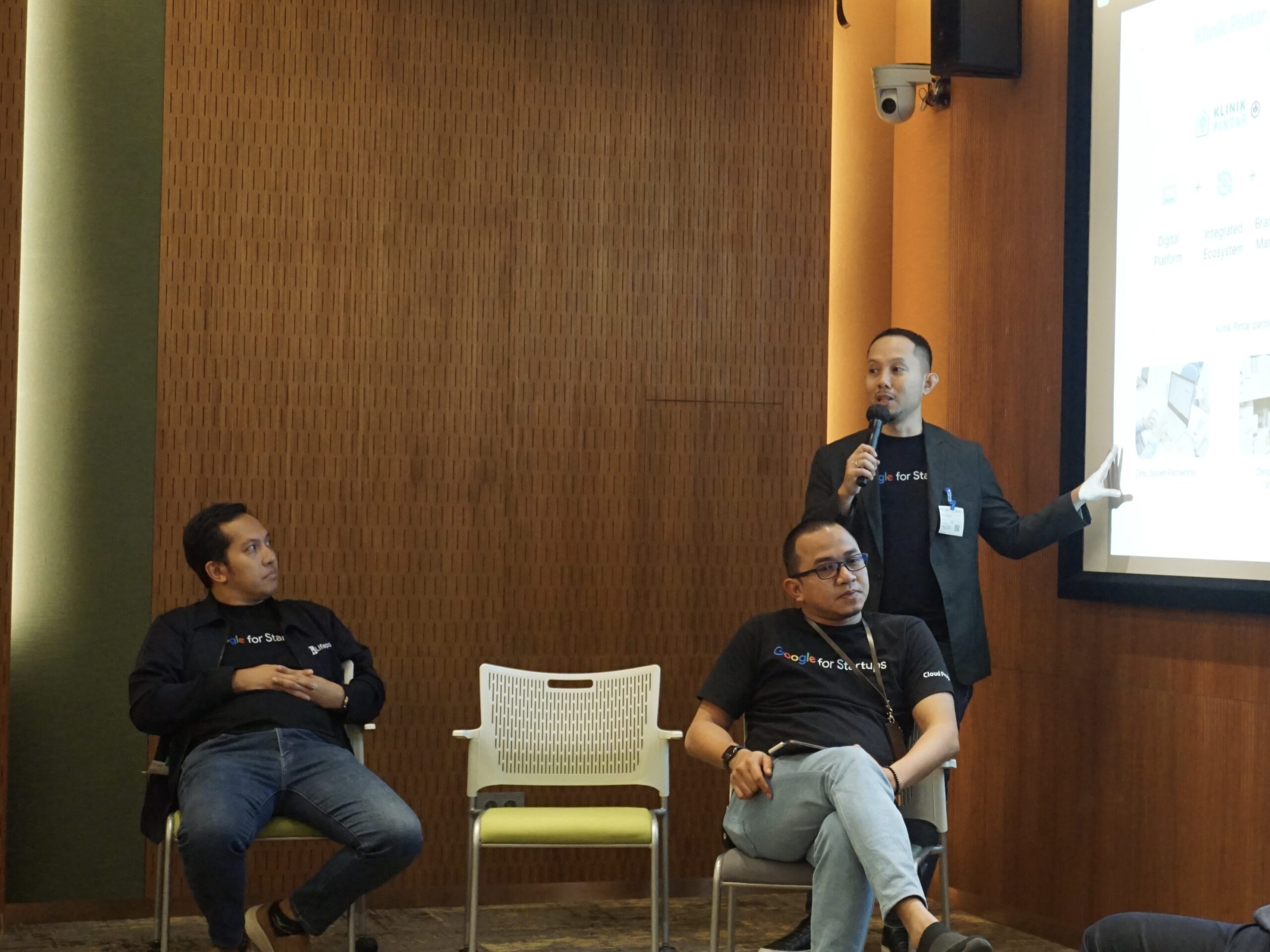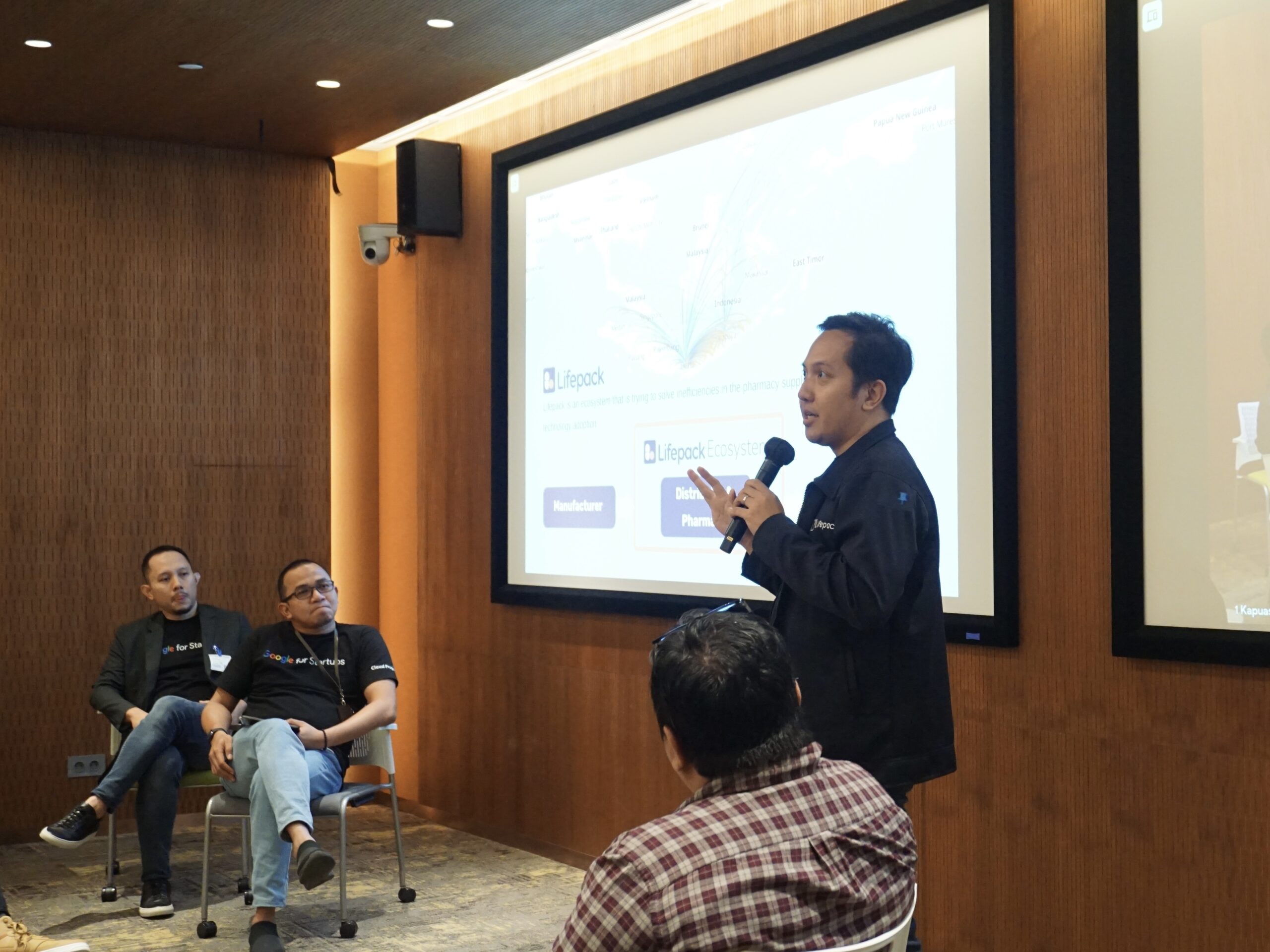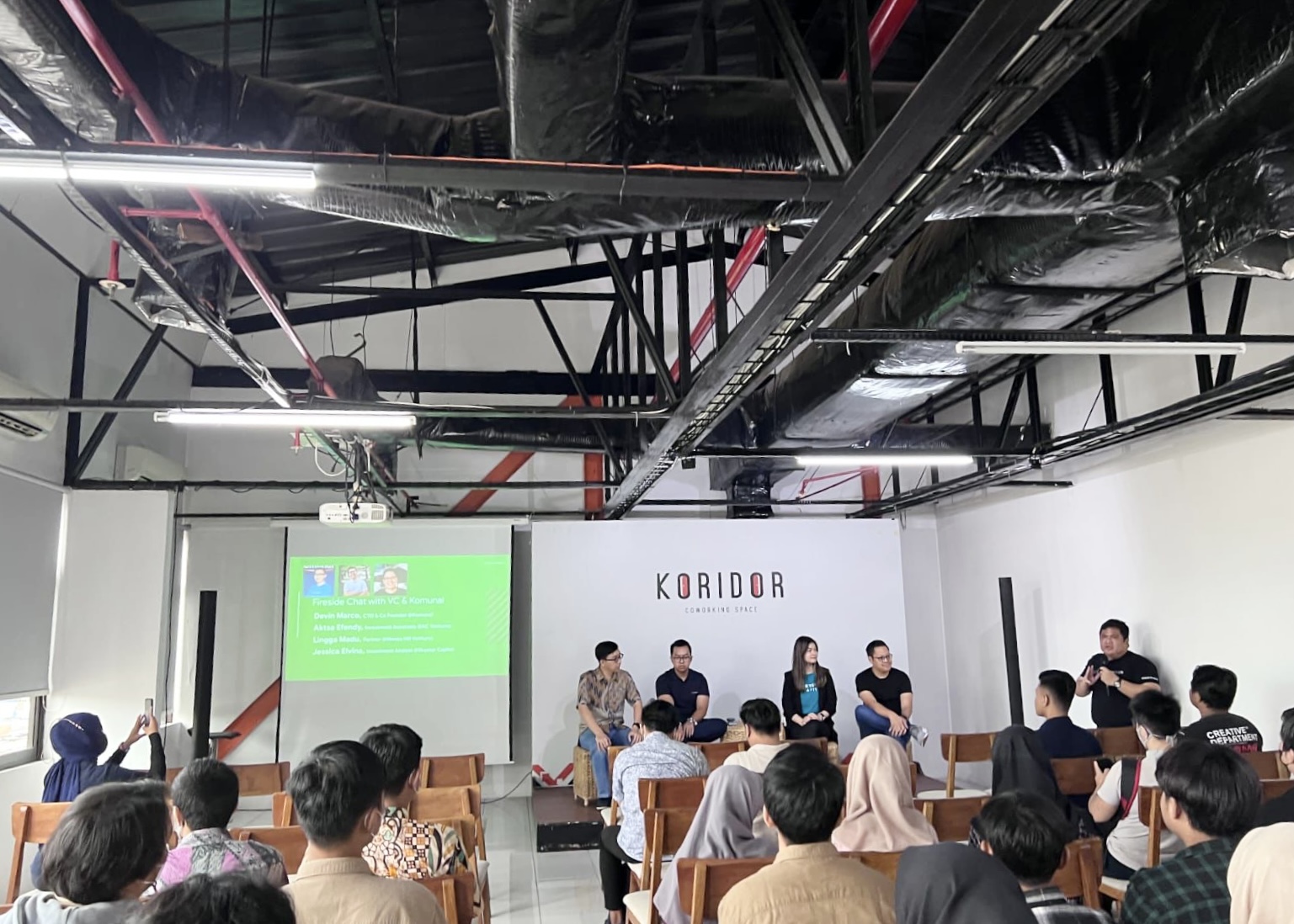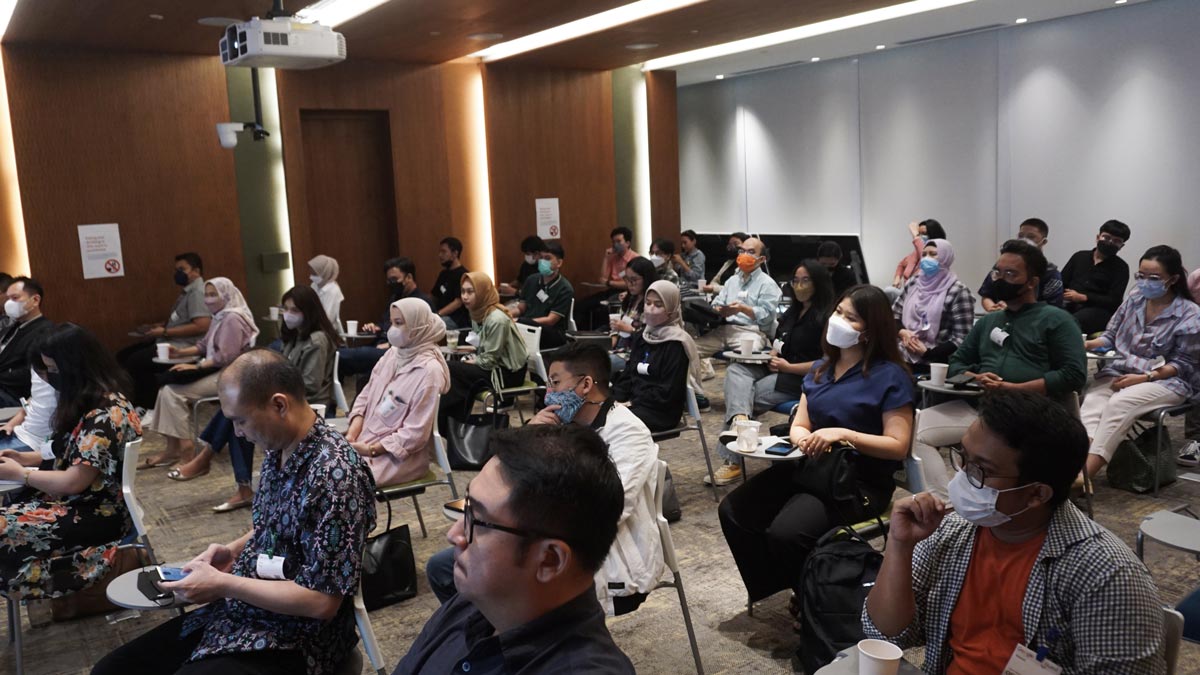Every startup starts with an innovative business idea but a successful startup requires an extraordinary team to be able to execute the idea well. A strong team does not only have exceptional team members with regards to their skills and experiences. The team must also have great teamwork dynamics in order to accomplish the company’s objectives. In other words, the “team” actually plays a critical role in the launch of a startup.
Tom Eisenmann, an American economist, states in the Harvard Business Review (2021) that more than two-thirds of startups fail to generate returns for their investors. According to his research, startup failures are caused by a variety of factors but a common reason is an ineffective division of roles in the team. Naturally, this will greatly impact the business’s overall performance and possibly even determine a startup’s potential success or demise. As a result, startups must be very careful in selecting the right people to fill key roles in order to create the best possible team composition.
Imagine you are building a house from the ground up. In addition to developing the architectural design, selecting the building materials, and performing other calculations, the number one most important step is to lay a solid foundation. Similarly, when building a startup, the team serves as the foundation for the startup. It is thus important to establish good teamwork, strong commitment, and a sense of belonging equally amongst all team members.
One could argue that a startup’s success is synonymous with its team’s composition, effective role division, and positive working dynamics. This is why a startup’s “team” is an important criteria for venture capital when evaluating for potential investments. Consequently then, what is the ideal startup team in the eyes of VC firms?
The Right Roles and Team Composition
You may be familiar with the term “dream team” in the world of startups. Rei Inamoto, one of the most influential people in the marketing world and in the contemporary creative industry, once said in Forbes that an efficient team requires three distinct personalities: the Hipster, the Hacker, and the Hustler. How do we define each type?
1. The Hipster
What good is a product without a good designer? The Hipsters of the team are those who are passionate about the business from a creative or design standpoint, creating products that satisfy the users in both appearance and experience. Hipsters are typically also responsible for the company’s brand identity and uniqueness
2. The Hacker
The Hackers of a startup are those who are intimately familiar with the startup’s technology, such as its software engineers and developers. Hackers are the technology masterminds who can execute the company’s ideas and continue to improve its products to be the best it can be. The Hacker’s primary goal is to create products that are valuable for their users.
3. The Hustler
Finally, Hustlers are the visionaries of the company who are experts in business and marketing. Their role is critical to a business’s longevity, as they develop marketing strategies, coordinate collaborations with external parties, and oversee product sales. The Hustler is driven to continue growing the business for the long run.
Each of the three personality types are critical to a successful startup. Oftentimes, at the beginning, a startup will need a Founder or a leader who possesses all three characteristics. The Founder is then supported by team members who complement and strengthen them in areas where they are lacking. As a result, the team will have a complete composition and will be able to function effectively.
What this all means is that, from a VC’s perspective, an ideal team will consist of team members who are skilled or have experience in sectors that correspond to their role in the company. Apart from prior working history, a strong family background in the relevant startup could also be taken into consideration.
For instance, Startup X is a Business-to-Business (B2B) educational technology (EduTech) company providing solutions for K-12 students across the Jabodetabek area. The team’s Chief Executive Officer (CEO) was previously employed by a reputable consulting firm. However, his family is deeply involved in the education sector as they operate several small schools throughout Jakarta. He also looked deeply into the education sector during his time as a business consultant.
Meanwhile, the Chief Technology Officer (CTO) has ten years of experience working in a bonafide technology company. Her most recent position was as a Senior Software / Product Manager for an educational SaaS company. Additionally, the Chief Marketing Officer (CMO) also has ten years of experience as a Marketing Director for a publishing house selling textbooks. He has already amassed a strong network with schools that he intends to leverage for Startup X.
Startup X has a stellar team with relevant background in education and expertise in their roles, which will increase the chances of attracting support from venture capital. This demonstrates how a strong leadership team can serve as a solid foundation for a startup to secure funding from VCs.
Commitment and Sense of Belonging
Many assume that investors are only interested in startups that have exceptional ideas, a unique and realistic business model, and a sizable target market with a promising revenue stream. However, VCs actually greatly consider the team members’ backgrounds, commitment, and chemistry with early-stage investments.
As described by Dave Lishego, an investments and venture capital associate at Innovations Work, there are several important aspects for VCs to consider when evaluating a startup team. The first is the team’s history. Do they know each other before or have they previously collaborated together on a different project? Without strong chemistry between team members, there is a greater likelihood of a fallout in the team. This could result in a loss of tenacity and willingness to work especially during difficult circumstances.
The second aspect is the leader’s commitment. It would be difficult for the startup to flourish if the leader is not fully dedicated to the startup’s success. A leader’s half-hearted commitment will have a detrimental effect on the entire team. The disparity in commitment levels between members will cause frustration, as they will perceive that they have made larger sacrifices than others.
Third, the team must feel a sense of belonging and community. Are all team members committed towards the same goals and values? How do they interact during product presentations to clients? Are there more arguments than agreements between them? This is also where a charismatic leader is needed, to ensure that all members receive support, respect, and are open to one another.
Maintaining a positive team dynamic is a not trivial task and must begin with the startup’s leaders. When investors assess a startup team, merely having attractive resumes for the Founder and the team members is not enough to demonstrate effective teamwork. A startup cannot succeed without team members who are willing to collaborate, share the same vision, demonstrate the same level of commitment, and share a sense of community.
As we already know, building a successful startup is not an easy task. Without a founder with good entrepreneurial spirit, a shared strategic vision, and a positive team dynamic, good resumes are not going to be as valuable as one would imagine. Likewise, a sound business idea will also mean little without competent team members that share the same vision to execute it well.
Writer: Gabriella Thohir | Investment Associate at Skystar Capital | Skystar Capital – Venture Capital – Scaling Early-stage Startups in SEA and Indonesia




































